EU Losing Ground in the Race to Roll-out Ultrafast 5G Mobile Networks
The European Commission has launched a new consultation that aims to devise a coordinated roll-out plan for the next generation of 5G mobile networks across its 28 EU member states, which predicts a 2019/2020 introduction. But the USA, South Korea and China are aiming to launch much sooner.
Earlier this year it was revealed that Nokia and Verizon had already developed a working 5G network and intended to launch it in 2017, albeit initially on a limited scale (here). Field trials were even held at Verizon’s live Dallas-Fort Worth metroplex network in the USA, with the network running at both 73GHz and 28GHz in order to provide a “fixed wireless broadband” service that could achieve “speeds of multiple Gbps … with a spectral bandwidth of 1GHz and [around 1 millisecond] one-way air interface latency.”
Meanwhile Samsung in South Korean has made similarly big strides of its own in the same field by conducting further trials with local operator SK Telecom (SKT), which also made use of the 28GHz band in an outdoor environment. SKT now aims to build its own 5G pilot network by the end of 2016 and they’ve already polished up a specification for the technology.
Once again we face a situation where mobile technology providers are developing their solutions well in advance of a final standard being agreed. The pace of progress creates problems for any hope of harmonised spectrum or technology use between countries because the temptation to be the first to deploy a new network can often create incompatibilities. Never the less the UK has already started to consult on future 5G deployments (here) and today the EC has launched a similar consultation (here).
Günther Oettinge, Digital Economy and Society Commissioner, said:
“This plan, which we aim to present to the Member States before the end of the year, includes a set of actions to allow for a coordinated 5G launch in Europe around 2020.
We are launching a consultation today to improve our understanding of such a complex operation. We seek your views on key issues such as the best date for the introduction of 5G in Europe, the core services to consider as priority, and the desirable spectrum to be used for 5G.
Other important aspects include the right approach towards standards, regulation, investments, and the tools for a coordinated introduction.”
Günther appears to recognise that developments elsewhere in the world mean that the EU “needs to shift up a gear” and push for a “speedy introduction” of next gen 5G mobile networks, although some might ponder why he still forecasts a coordinated launch for around 2020.
In reality Günther does have one big thing on his side, practical and regulatory reality. Any early 5G deployments are likely to be hobbled until national regulators (e.g. Ofcom and United Kingdom) are able to define and release the necessary spectrum, but the latter is complex and could take a few years; most regulators don’t expect to be ready until around 2020.
Ofcom has already identified several bands in different parts of the 6 – 100GHz radio spectrum range that could be candidates for the service (here), but the right spectrum will only be decided by an agreed standard and technology. As such it’s actually be a good thing that the technology is moving ahead of policy / standards as it avoids the chicken and egg scenario, but policy does now need to catch up.
Similarly European and UK mobile operators, many of which are still in the process of deploying 4G (LTE / LTE-Advanced) networks, aren’t yet in a big rush to clamber onto the 5G bandwagon. 5G networks will have sharply different / higher frequency spectrum needs from 4G, which could make them more expensive to build. 5G will also be able to operate at more traditional lower frequencies too, but in that area it’s advantages over 4G will appear much less significant.
The final and arguably biggest challenge for 5G will arguably stem from the challenge of needing to shrink the technology to fit into modern Smartphones, which seem to get smaller every year. Furthermore it will need to achieve that without annihilating battery life, which is something that took both 4G and 3G sometime to master.
Suffice to say that we might well see the first small scale commercial 5G networks popping up in 2017, but it will still be at least 2019 before much of the world is truly ready for major national deployments.
Mark is a professional technology writer, IT consultant and computer engineer from Dorset (England), he also founded ISPreview in 1999 and enjoys analysing the latest telecoms and broadband developments. Find me on X (Twitter), Mastodon, Facebook and Linkedin.
« Residents of Big Apartment Blocks Favour Ultrafast FTTH Broadband
Latest UK ISP News
- FTTP (5530)
- BT (3518)
- Politics (2542)
- Openreach (2298)
- Business (2266)
- Building Digital UK (2247)
- FTTC (2045)
- Mobile Broadband (1977)
- Statistics (1790)
- 4G (1668)
- Virgin Media (1621)
- Ofcom Regulation (1465)
- Fibre Optic (1396)
- Wireless Internet (1391)
- FTTH (1382)

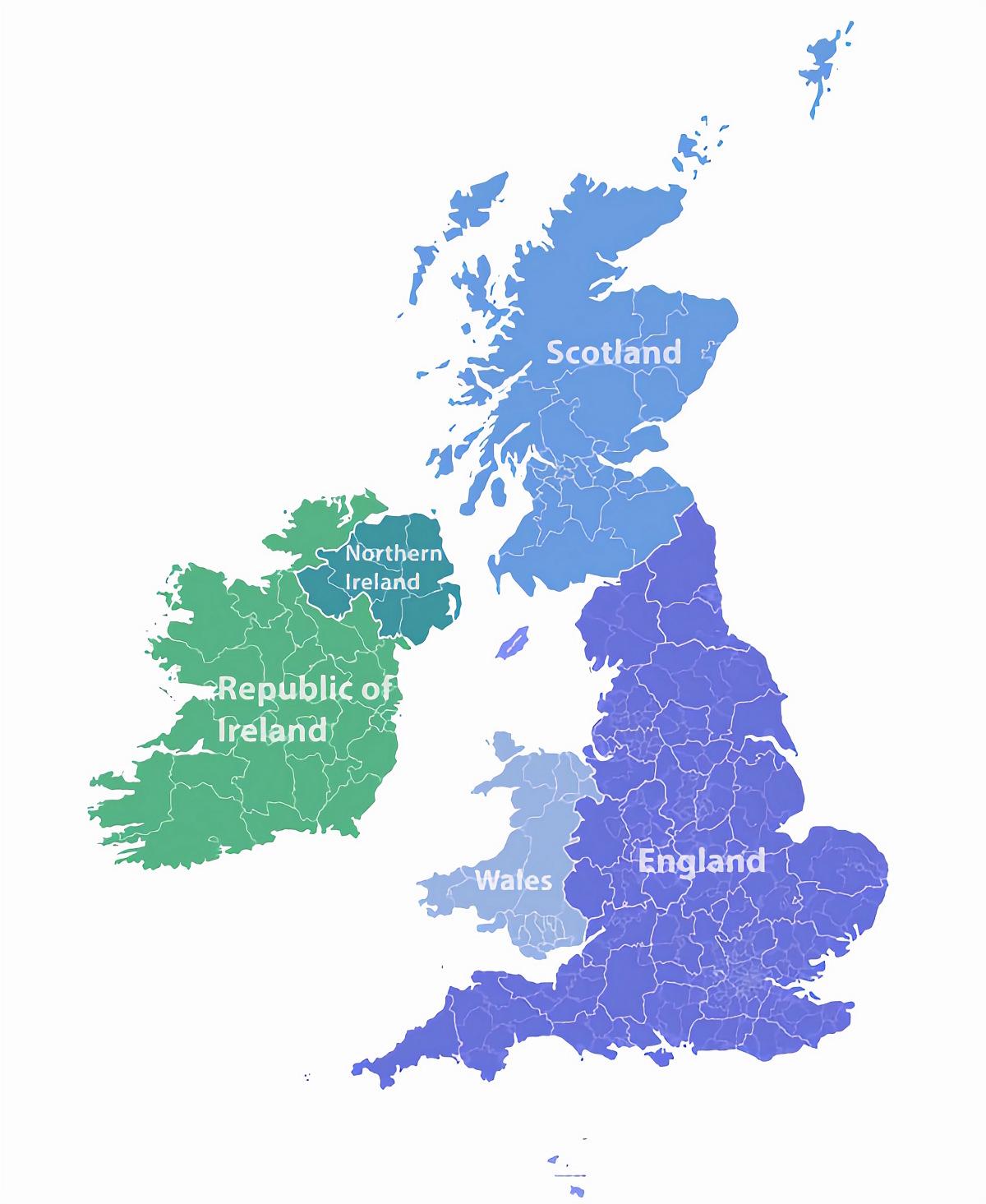
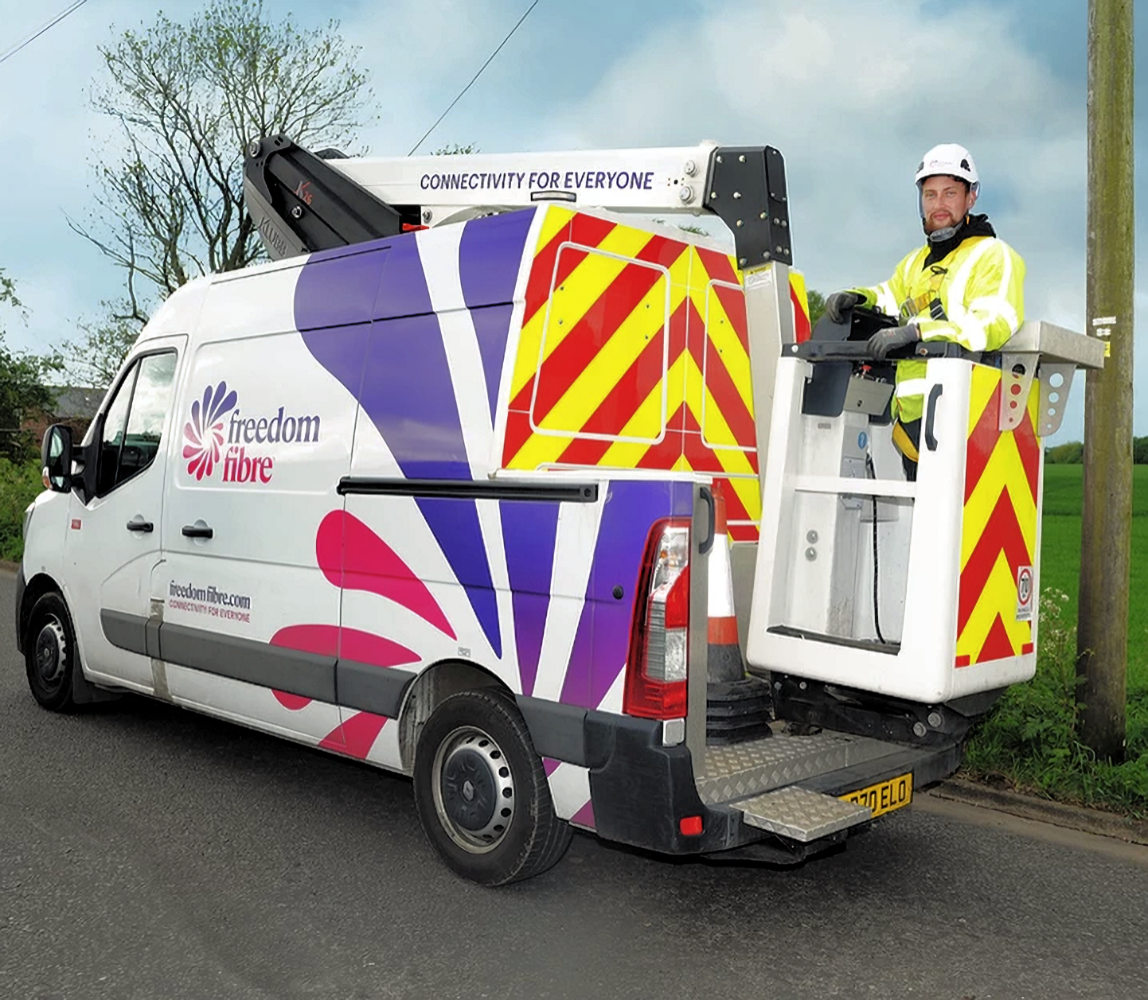

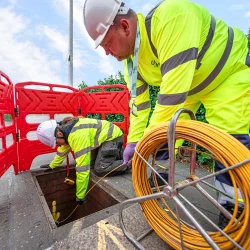












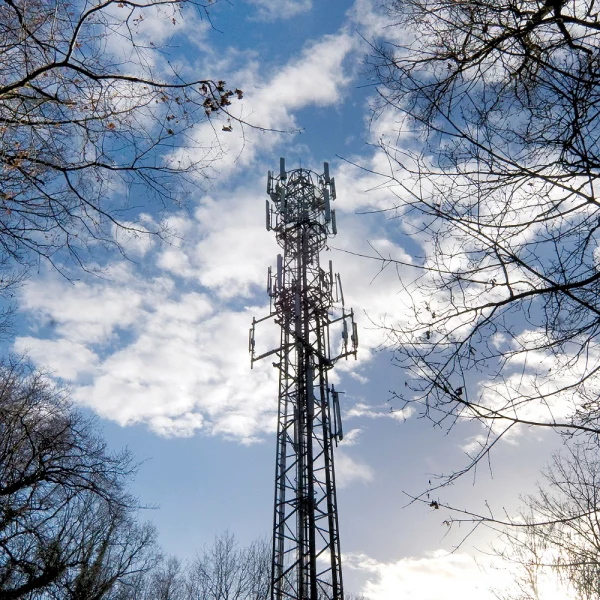
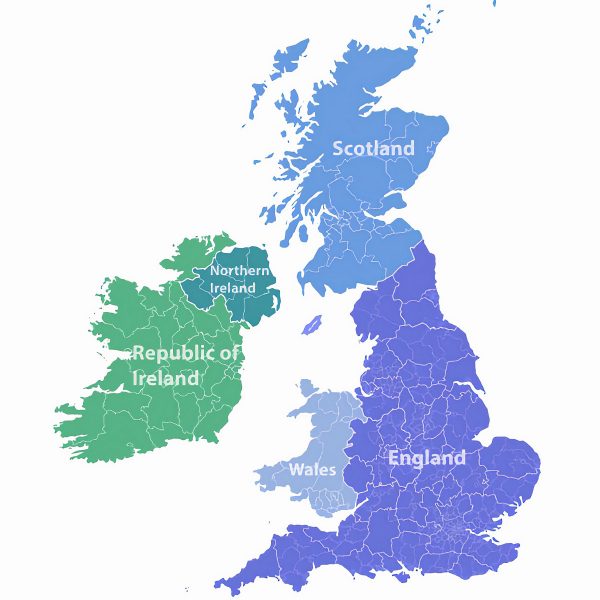
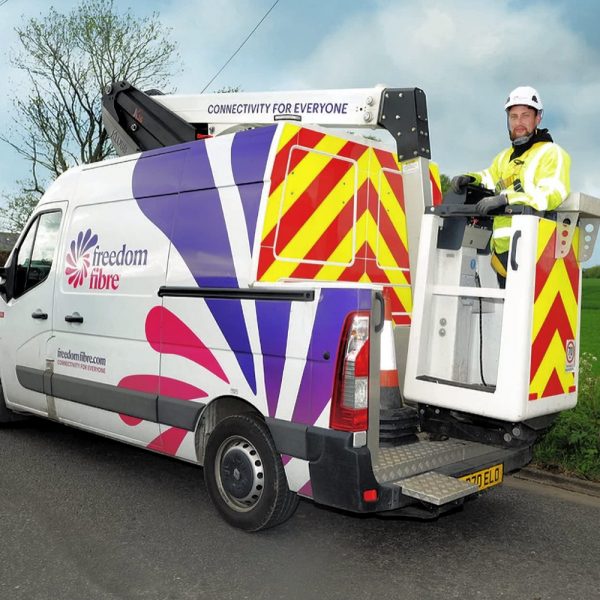




































Comments are closed